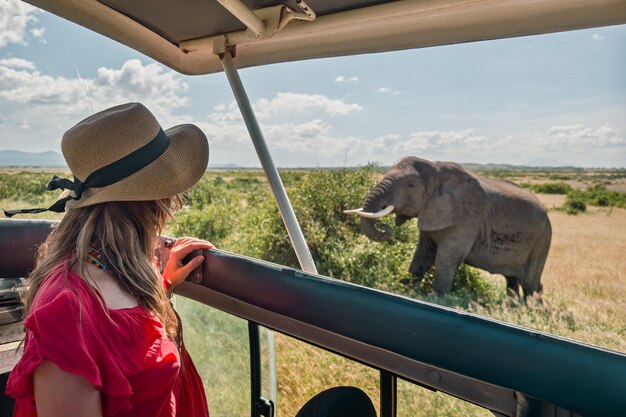Zambia, known for its breathtaking landscapes, diverse wildlife, and rich cultural heritage, has tremendous potential to develop eco-tourism. By focusing on sustainable travel that benefits local communities and protects natural resources, Zambia can unlock various economic advantages. Here are the top five economic benefits of expanding eco-tourism in Zambia:
1. Job Creation
Expanding eco-tourism creates numerous employment opportunities across various sectors. Local communities can find work as tour guides, hotel staff, artisans, and in transportation services. This job creation is especially vital in rural areas where employment opportunities are limited. By involving local people in eco-tourism initiatives, Zambia can enhance livelihoods and reduce poverty levels.
2. Revenue Generation
Eco-tourism can be a significant source of revenue for the Zambian economy. Visitors are willing to pay a premium for unique, authentic experiences in natural settings. Entrance fees to national parks, guided tours, and accommodation in eco-friendly lodges contribute to local and national income. This revenue can be reinvested in conservation efforts, infrastructure development, and community services, creating a positive feedback loop that benefits the economy.
3. Conservation of Natural Resources
As eco-tourism promotes sustainable practices, it encourages the conservation of Zambia’s rich biodiversity and natural resources. By attracting tourists to natural attractions such as national parks and wildlife reserves, eco-tourism generates financial incentives for conservation. This approach can lead to the establishment of protected areas, habitat restoration, and wildlife conservation programs, ultimately benefiting the environment and ensuring the sustainability of tourism.
4. Cultural Preservation
Eco-tourism often emphasizes authentic cultural experiences, allowing visitors to engage with local communities and traditions. This interaction can create demand for traditional crafts, performances, and cultural activities, providing additional income streams for local artisans and performers. By promoting cultural heritage through eco-tourism, Zambia can help preserve its unique customs and traditions, fostering a sense of pride among local communities while enriching the visitor experience.
5. Infrastructure Development
The growth of eco-tourism necessitates improvements in infrastructure, including roads, communication networks, and facilities. As the demand for eco-friendly accommodations and services increases, investments in infrastructure can follow. These developments not only benefit tourists but also improve access and services for local residents, leading to enhanced quality of life. Improved infrastructure can stimulate economic activities beyond tourism, such as agriculture and trade, contributing to overall economic development.
The expansion of eco-tourism in Zambia presents numerous economic benefits that can significantly impact the country’s development. By creating jobs, generating revenue, conserving natural resources, preserving culture, and improving infrastructure, eco-tourism can become a cornerstone of Zambia’s economy. To harness these benefits, stakeholders must prioritize sustainable practices and community involvement, ensuring that eco-tourism develops responsibly while delivering long-term advantages for both the environment and local populations. With strategic planning and investment, Zambia can position itself as a leading eco-tourism destination in Africa, driving economic growth and environmental sustainability.






